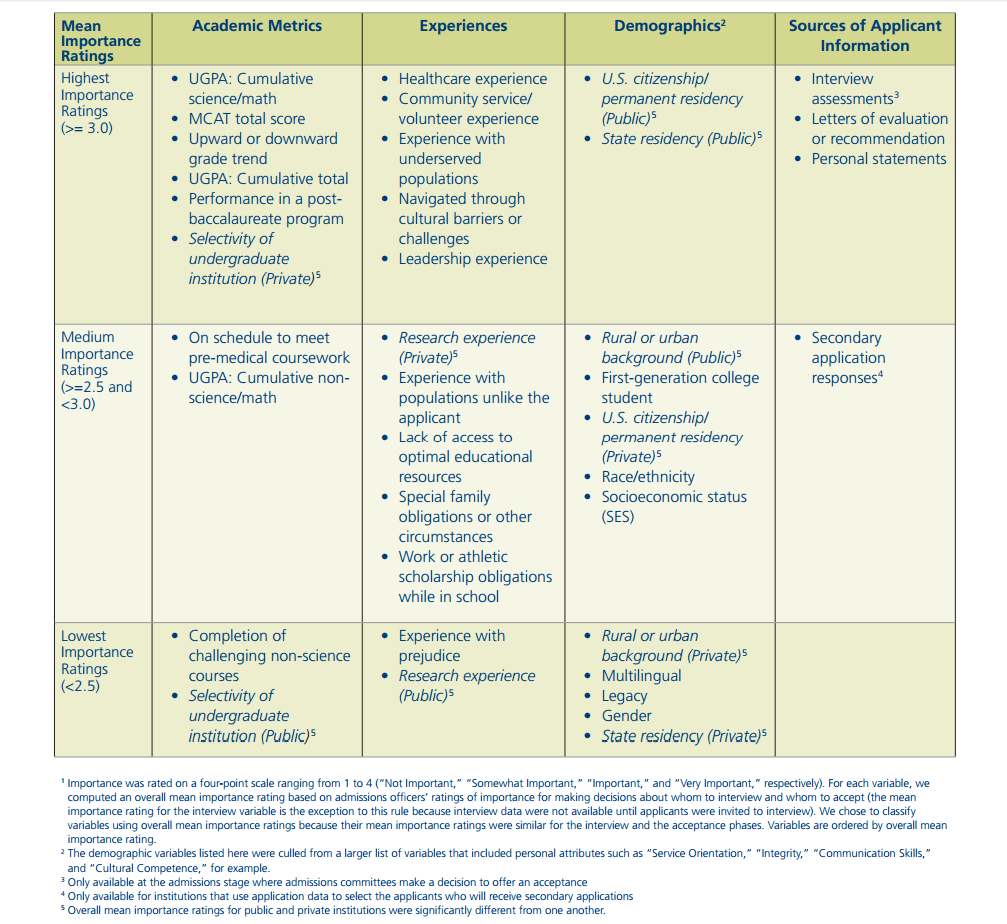Okay so my younger brother is trying to decide if he should attend an Ivy League undergrad or a smaller LAC like Kenyon or Oberlin.
I told him that gpa and MCAT determine med school school admission but I'm curious, did graduating from an Ivy League help people get into the upper tier med schools?
Which schools did the Ivy Leaguers out there get into this cycle?
I told him that gpa and MCAT determine med school school admission but I'm curious, did graduating from an Ivy League help people get into the upper tier med schools?
Which schools did the Ivy Leaguers out there get into this cycle?


